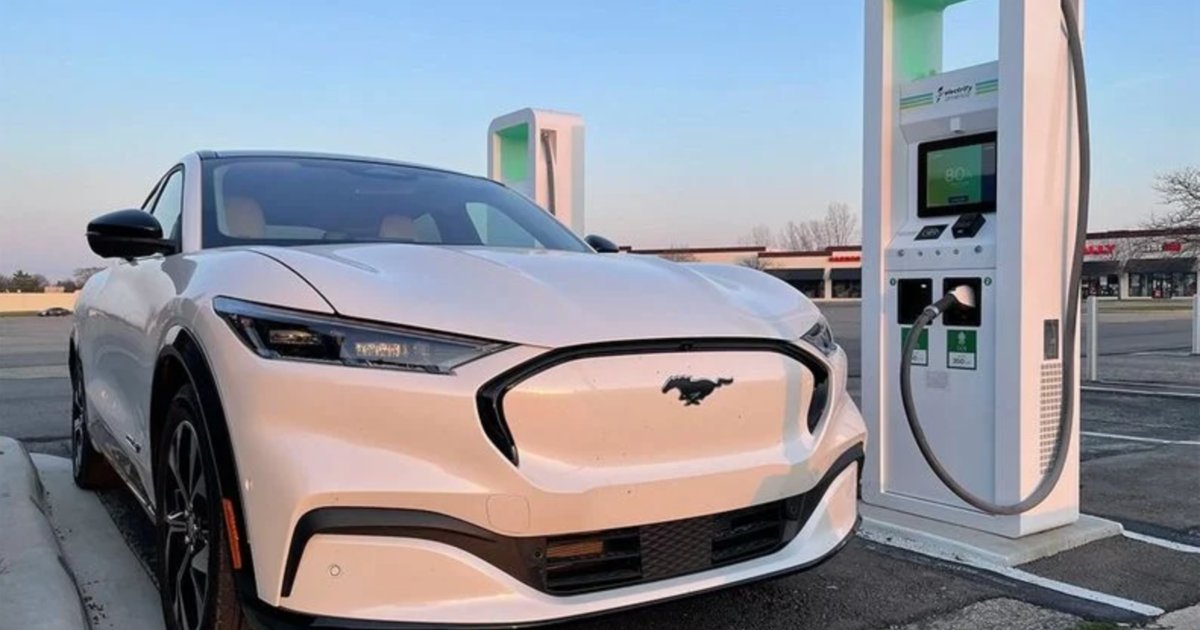
Legacy automakers and their dealer networks face some serious decisions as electric vehicles grow in popularity and internal combustion vehicles lose some of their luster under tightening emission regulations.
But few of those decisions are as fundamental as this: Will automakers work with dealers to make the transition to EVs a reality, or will they view the transition as an opportunity to pressure their “trusted business partners?”
This is the struggle playing out right now across Ford Motor Co.’s U.S. dealer network as the automaker implements an Orwellian “Model e” playbook that would treat all dealers equally — as it must under existing franchise laws — while effectively making some more equal than others.
That is wrongheaded, and state dealer associations as well as Ford dealers are right to pressure the automaker to amend some aspects of its strategy.
Ford’s requirement that its dealers invest up to $1.2 million in their businesses to prepare to sell EVs is not at issue — dealers understand that investments are needed to transition their businesses to sell and repair EVs. What is problematic is the automaker’s plan to create tiers of dealerships: Model e Certified Elite, which could sell any Ford vehicle, and Model e Certified, which would be limited to just 25 build-to-order retail sales per year. That lesser category would have no EV inventory, no EV demo units available and no visibility on the automaker’s Tier 1 website for its EVs.
Also at issue is Ford’s requirement that participating dealers install customer-facing fast charging at their dealerships, ostensibly to support EV customers while third-party charging networks develop. While this requirement might please Wall Street analysts as it creates a corollary with Tesla’s charging network, it does so at dealer expense and with no financial assistance from Dearborn. It also vastly overestimates consumer interest in spending time at a dealership when not buying a vehicle or having it serviced.
Compare Ford with some of its competitors.
Cadillac offered buyouts to its dealers who didn’t see a return in their future from a transition to an all-electric lineup, while 99 percent of Volkswagen’s U.S. dealers signed up when the brand offered to subsidize up to half of the cost of upgrades.
Ford executives would be wise to rethink their Model e strategy, and perhaps adopt some best practices on being good partners from competitors facing similar transitions.